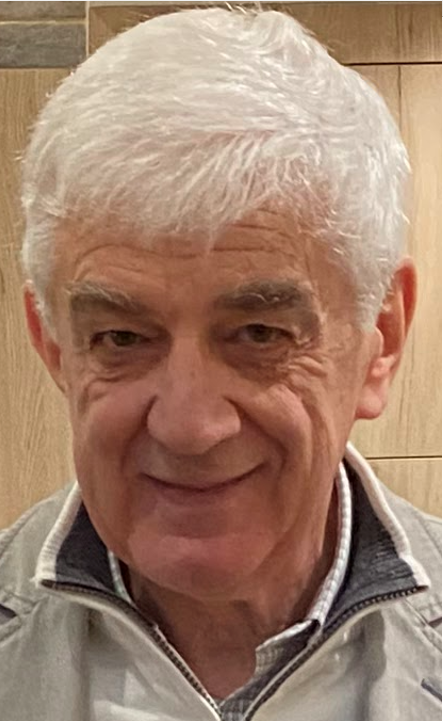
Online Lecture #5
🎙️ Speaker: Prof. Dr. Stephan Swinnen, Emeritus Professor KU Leuven
📅 Date: Thursday, 5th February 2026
⏰ Time: 12:00-14:00 CET
🖥️ Link to join: Zoom
Topic: Aging and the Brain: Processes of Neural Dedifferentiation and Compensation
Aging is associated with alterations in functional brain activation and changes in structural and functional brain connectivity as well as neurochemicals. These changes have consequences for motor behavior. I will first address agerelated differences in upper-limb motor behavior across the lifespan. Then, I will discuss aging from the perspective of the compensation versus dedifferentiation hypothesis. On the one hand, this refers to support for compensatory brain activation in relation to performance and learning of complex motor skills, suggesting retained training-induced neuroplasticity in older adults. I will also provide evidence for associations between the degree of integrity of grey and white matter structures and motor behavior in older adults. On the other hand, I will demonstrate how resting-state brain functional connectivity may point to processes of dedifferentiation in older adults and this may have consequences for motor behavior. More specifically, reduced network segregation (increased inter-network connectivity) in the older brain is associated with decreased levels of motor performance.
In summary, a case is made for a multimodal imaging approach to investigate age-related differences in brain and motor behavior and their interaction. I will conclude with some perspectives on how age-related processes of degeneration in the brain can be alleviated or counteracted to promote functional independence and a healthy life.




